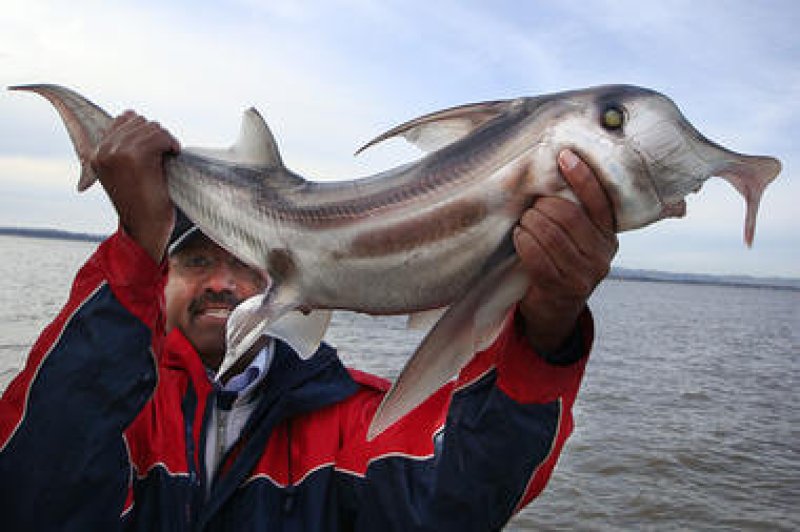It turns out that studying a boneless animal can help explain the genetic basis of bones.
An international group of researchers has sequenced the genome of the elephant shark, “a curious-looking fish with a snout that resembles the end of an elephant’s trunk.” The species, which despite its name is not actually a shark, is a member of the family of the world’s oldest-living jawed vertebrates.
After comparing the shark genome with those of other vertebrates with bones, researchers noticed that the elephant shark lacked a family of genes that are crucial for bone formation. They confirmed this by removing a member of this gene family in zebrafish, a tropical freshwater fish. It was observed that a gene’s absence correlated with a reduction in bone formation in zebrafish.
Read the full, original story: Where do your bones come from? Shark genome study offers insights.
Additional Resources:
- Elephant shark genome wins race for most ‘slowly evolved’ vertebrate, Los Angeles Times
- Why sharks have no bones, Nature































